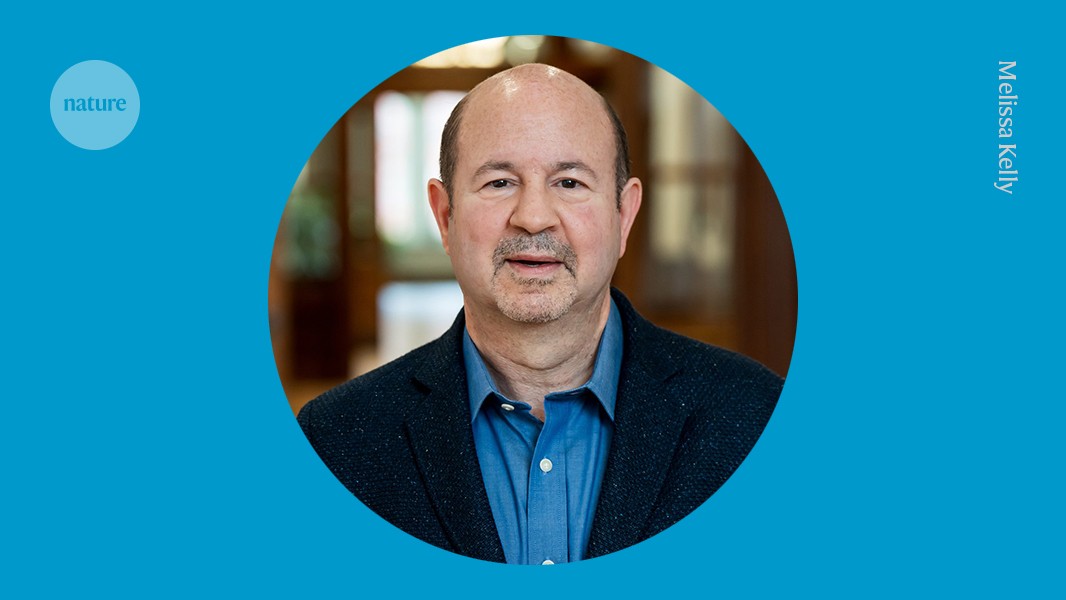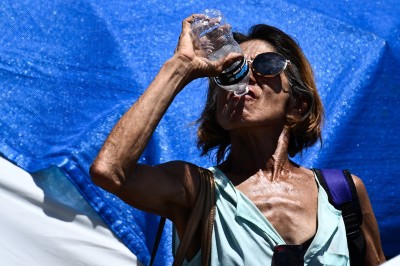Fifteen years ago, my friend and mentor, climate scientist Stephen Schneider, said something that has stuck with me. When it comes to climate change, the “end of the world” and “good for you” are “the two lowest-probability outcomes”.
Extreme heat harms health — what is the human body’s limit?
Steve’s aphorism feels especially prescient today. As the 30th United Nations Climate Change Conference (COP30) plays out in Belém, Brazil, this month, misleading climate messaging in the media espouses both these extremes.
At one end, take the actions of billionaire philanthropist Bill Gates. On 28 October, he astounded climate advocates by publishing a manifesto arguing that the climate crisis is less urgent than other major problems that humanity faces (see go.nature.com/23xed). Jarringly, its publication coincided with the devastating Jamaican landfall of potentially the strongest Atlantic hurricane on record, an event that human-caused warming made more likely to happen.
Gates wasn’t implying that global warming is “good for you”, but his arguments are adjacent to that sentiment: there has already been enough progress on climate, and we should instead prioritize addressing what he feels are more pressing issues, such as poverty and disease.
Despite substantial criticism from me and other climate specialists that this presented a false trade-off between climate action and public health, Gates dug in his heels. “What world do they live in?” he said in an interview with the news outlet Axios, telling reporters that he would “let the temperature go up 0.1 degree to get rid of malaria”.
Climate change is also a health crisis — these 3 graphics explain why
Indeed, what world is Gates living in? The idea that climate action must come at the expense of efforts to address human health is a provable fallacy. In our book Science Under Siege (2025), public-health scientist Peter Hotez at Baylor College of Medicine in Houston, Texas, and I detail how these challenges are, in fact, inseparable. Human-caused climate change will exacerbate pandemics, as it did for COVID-19, and vector-borne diseases, such as malaria. How Gates or anyone else proposes to “get rid of malaria” in a rapidly warming world is anyone’s guess. This is a strawman argument.
Gates’ pivot has been celebrated by climate-change downplayers and fossil-fuel proponents in politics, including US President Donald Trump, and in segments of the media, including the newspapers The Wall Street Journal and New York Post — even if Gates has disavowed their characterizations of his position.
Meanwhile, those at the opposite ‘end of the world’ extreme are hardly any more helpful. “It may be too late” announced Robert Hunziker, a freelance writer in Los Angeles, California, just one month ago on the news site Counterpunch. Such narratives of doom are often reinforced by media outlets that overstate the dire nature of the impacts that are baked in, with breathless headlines about supposed tipping points that have already been crossed. This feeds a collective sense of hopelessness.
Why we still don’t know the mounting health risks of climate change





